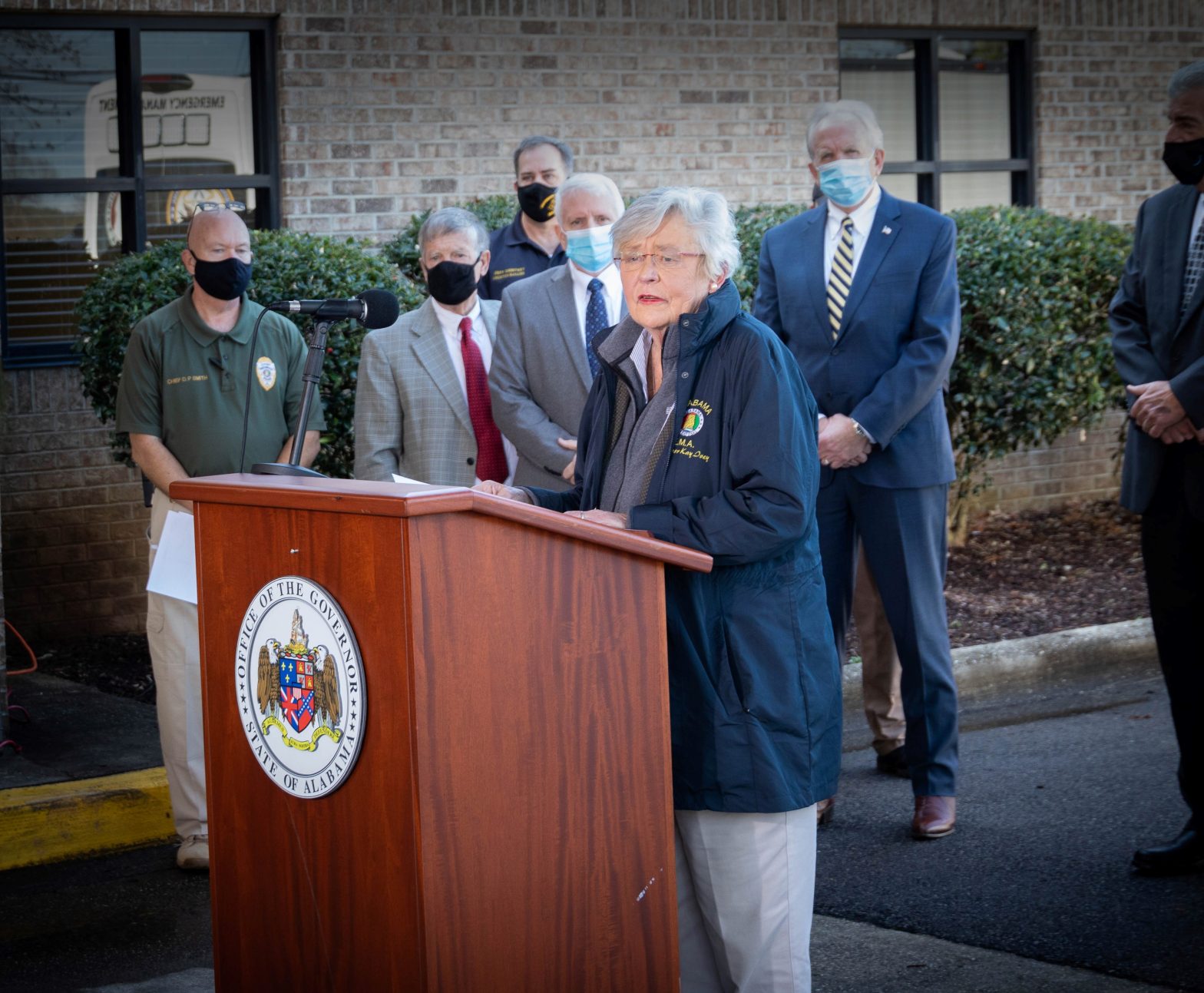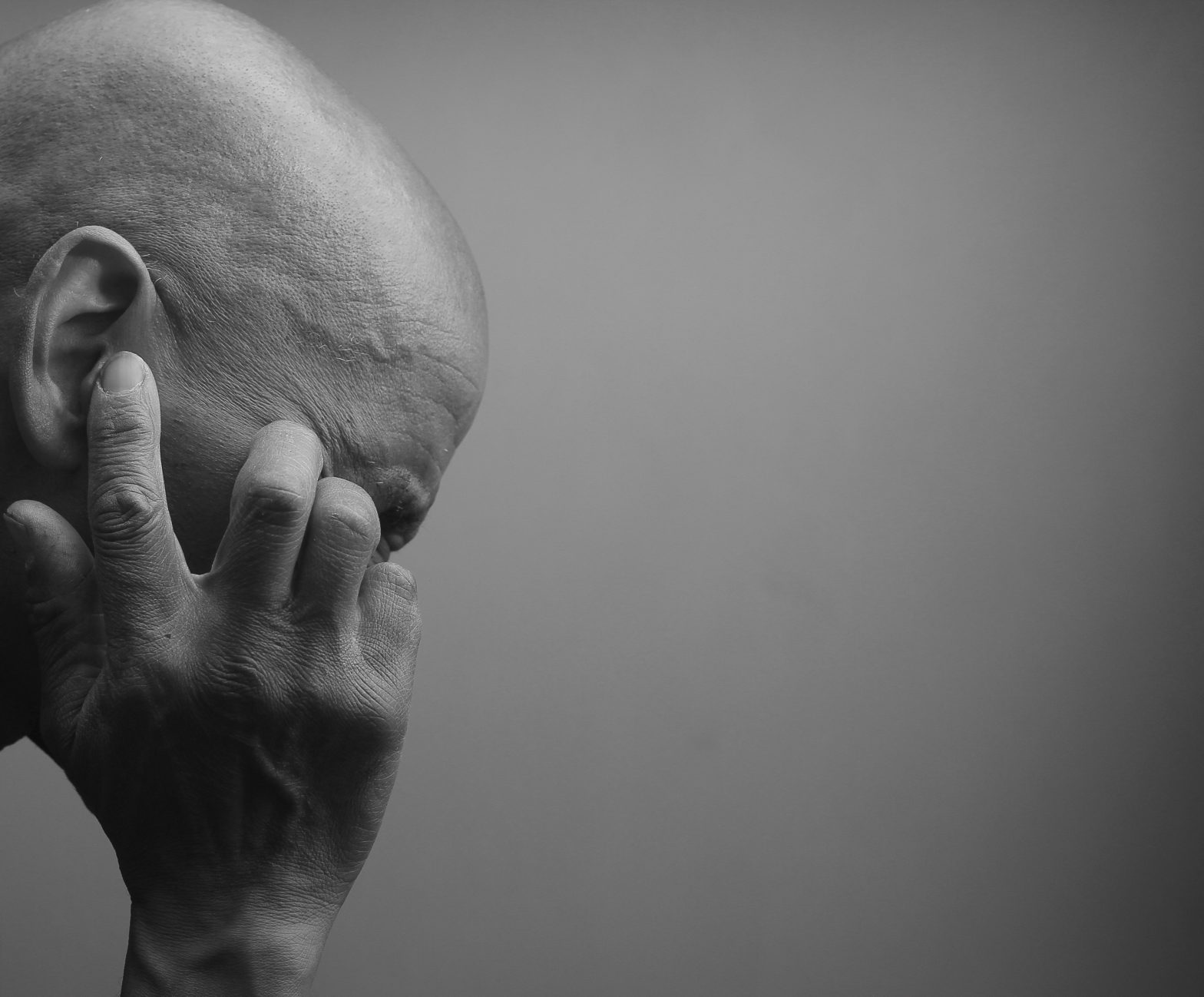A group of legislators at the Capitol in Pierre endorsed a measure on Friday morning, indicating that the state would cover inmate legal defense fees. This involves incarcerated individuals whose crimes were committed within prison walls.
With a unanimous 13-0 vote, the House State Affairs Committee moved House Bill 1039 to the budget committee for further consideration.
Rep. Ernie Otten, R-Tea, proposed the bill, but due to a family emergency, he couldn’t testify. Fort Pierre House Majority Leader Will Mortenson argued in favor of the bill, asserting that counties should not bear inmate legal defense fees for prison-related crimes. Mortenson emphasized that the state operates prisons, while counties oversee jails, primarily housing defendants awaiting prosecution.
Currently, South Dakota inmates, like all citizens, are constitutionally entitled to legal representation if they can’t afford an attorney. Counties bear the responsibility for these legal bills.
Mortenson pointed out that inmates incurring such bills often have minimal ties to the counties where their prisons are situated. Additionally, the state does not contribute to counties’ primary funding sources as it doesn’t pay property taxes on its prison facilities.
To emphasize this, Mortenson argued that the state, which is responsible for prosecuting prison crimes through the Attorney General’s Office, should also bear the burden of defending these inmates.
Counties’ Burden: Defending inmates’ costs
Supporting the measure, Eric Erickson, representing the South Dakota Association of County Officials, testified that the cost of defending prison crimes fluctuates significantly annually, occasionally reaching levels that strain budgets.
Erickson recounted a recent case involving a drug ring at Mike Durfee State Prison in Bon Homme County, estimating possible legal fees between $2 million and $3 million, significantly affecting the county’s $5 million annual budget.
Erickson clarified that the association’s membership provided the potential cost figure, and he remains unaware of the final expenses incurred to defend the inmates.
The Yankton Press & Dakotan reported on the 2018 incident, emphasizing that the initially high cost estimates were expected to decrease, considering not all defendants would proceed to trial.
The report also pointed out that county commissioners had requested then-Department of Corrections Secretary Denny Kaemingk to cover the expenses for defending the 20 inmates eligible for county-paid attorneys, a request the DOC declined.
County budget challenges and solutions
Although costly multi-defendant cases like this may not occur frequently, the challenge of public defense costs has been a longstanding concern for county commissioners. The concept for HB 1039 originated partly from discussions addressing county budget challenges held during the summer and fall of the previous year.
In response to these discussions and the efforts of an indigent defense task force, the state Unified Judicial System is now advocating for the establishment of a state-level public defender’s office to alleviate the burden of indigent defense on counties.
Mortenson emphasized that the establishment of a new men’s prison in Lincoln County brings increased attention to the issue of counties covering the expenses for defending inmates, noting that Lincoln County is not the sole location with a prison being situated there.
A new prison is also slated for Pennington County, where the state initiated the construction of a new women’s prison last year, adding to the existing minimum-security men’s unit in that county.
Unknown costs and state’s burden
Testifying against the bill, Brittni Skipper from the Department of Corrections argued that shifting costs when their amounts are uncertain would be irresponsible. She pointed out that counties with state prison facilities in Minnehaha, Hughes, Yankton, Pennington, and Bon Homme lack reliable statistics on the expenses incurred for defending inmate defendants.
Skipper also mentioned that the Department of Corrections supports the establishment of a statewide public defender’s office. However, she clarified that this office would handle legal fees for criminal appeals, not cover the defense costs for individuals during the criminal cases that might lead to appeals.
In response, lawmakers decided to forward the bill to the House Appropriations Committee. Mortenson, in reply to Skipper’s testimony, highlighted that the costs are both unknown and “unknowable.” He stated that it is impossible for counties or the state to predict the number and severity of crimes that might occur in prison each year.
Representative Gary Cammack, R-Union Center, proposed sending the bill to appropriators for further study. Cammack argued that shifting these unknowable costs would place the state, with significantly greater financial resources, in the same position counties have been grappling with for a century.
Source: https://www.capjournal.com/news/lawmakers-advance-plan-to-put-prison-legal-defense-costs-on-state-ledger/article_8b3d26a8-b3c4-11ee-8e71-8f23cae4876c.html









